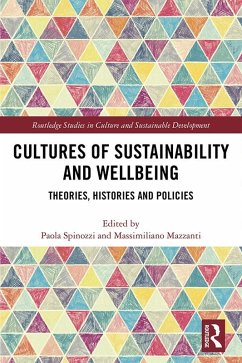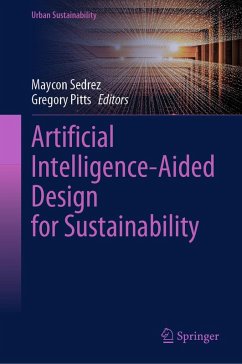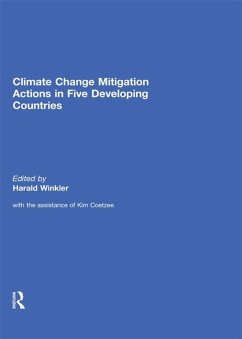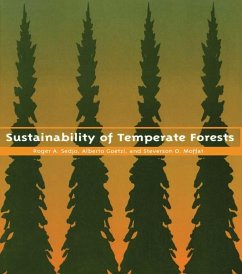
Catalysing Change Agents (eBook, PDF)
Enabling Impact Through Research for Development
Versandkostenfrei!
Sofort per Download lieferbar
40,95 €
inkl. MwSt.
Weitere Ausgaben:

PAYBACK Punkte
20 °P sammeln!
This book provides an overview of the challenges and opportunities for creating positive systemic change through research for development projects, providing four real-world examples. Practical insights are offered on identifying and cultivating change agents through your projects and programs, increasing the likelihood of enduring success. Understanding and participating in these types of interventions enable researchers and practitioners to become better agents of change themselves.
Dieser Download kann aus rechtlichen Gründen nur mit Rechnungsadresse in A, B, BG, CY, CZ, D, DK, EW, E, FIN, F, GR, HR, H, IRL, I, LT, L, LR, M, NL, PL, P, R, S, SLO, SK ausgeliefert werden.












